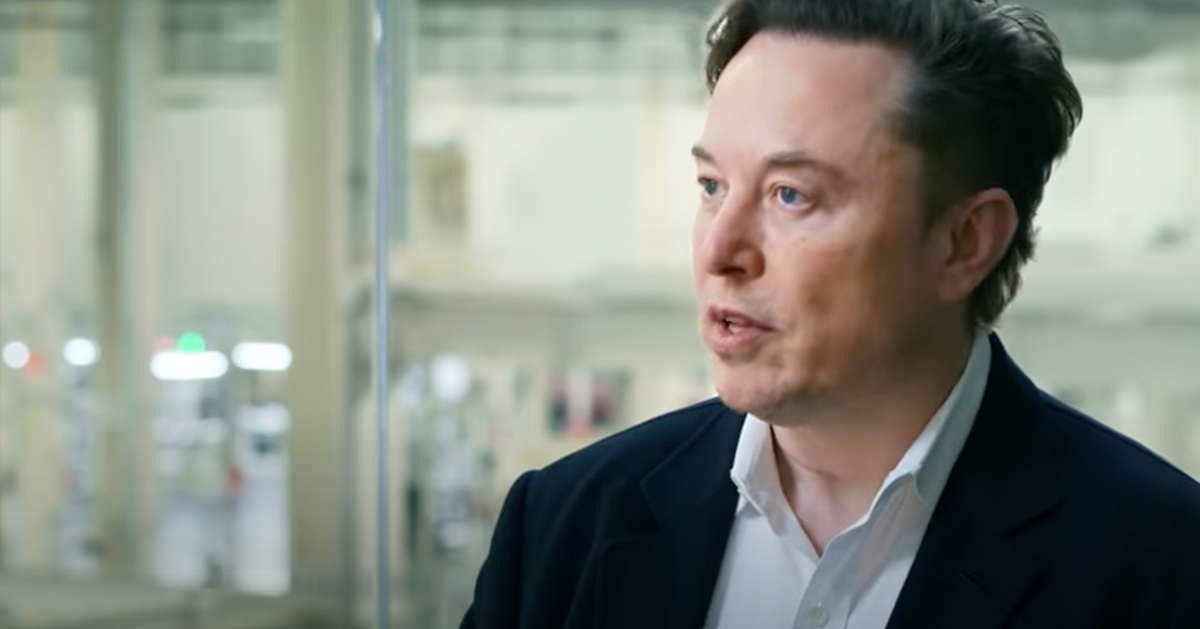Trump nominee revises stance on pro-union bill at Senate confirmation hearing
In a pivotal Senate confirmation hearing, former Rep. Lori Chavez-DeRemer sought to address concerns about her past backing of a contentious pro-union bill.
The hearing was notable as Chavez-DeRemer, nominated by President Donald Trump to oversee the Labor Department, spotlighted a shift in her position on certain elements of the Protecting the Right to Organize (PRO) Act, as the Washington Examiner reports.
Chavez-DeRemer, aged 56, previously championed the PRO Act, a piece of pro-union legislation, but clarified her stance before the Senate Committee on Health, Education, Labor, and Pensions.
During her time in Congress, Chavez-DeRemer was known for her support of labor rights, garnering accolades from Democrats for co-sponsoring the PRO Act. The legislation aims to introduce major reforms, such as revising the definition of independent contractors and curtailing right-to-work laws in over two dozen states.
Her confirmation hearing provided her with an opportunity to delineate how she intends to implement Trump's policy priorities at the Labor Department. While reconciling her historical support for the PRO Act with Trump's labor vision, she emphasized the need for a balanced approach that serves both businesses and workers.
Senators Raise Concerns About Right-to-Work Laws
A key point of contention revolved around the PRO Act's potential impact on existing labor laws. The act proposes changes that could annul right-to-work statutes in numerous states, and this prospect drew scrutiny from several senators.
Sen. Rand Paul from Kentucky directly questioned Chavez-DeRemer on whether she still endorsed the portion of the PRO Act that would challenge autonomous state labor laws. In response, Chavez-DeRemer acknowledged her revised stance, suggesting she no longer supports nullifying those laws.
Throughout the hearing, Sen. Bill Cassidy expressed skepticism, describing the PRO Act as skewed towards union preferences rather than genuinely supporting workers. Highlighting his viewpoint, Cassidy argued that empowering workers inherently means respecting their decision not to join a union if they choose.
Debate Over Secret Ballots in Union Elections
Another contentious element of the PRO Act was the proposed elimination of confidential voting in union elections. This facet of the bill sparked conversations about the fundamental rights of workers during labor union proceedings.
Sen. Susan Collins addressed this issue, seeking clarification on Chavez-DeRemer’s stance on maintaining secret ballots. Chavez-DeRemer reiterated her backing for private voting, affirming its significance in democratic processes within labor elections.
The day’s discussions underscored the broader dynamics within the Labor Department nomination process, as stakeholders weighed Chavez-DeRemer's previous legislative record against her current pledges.
Advancing American Freedom Voices Concerns
Expressing apprehension over the nomination, the organization Advancing American Freedom, spearheaded by Vice President Mike Pence, penned a letter critical of Chavez-DeRemer’s legislative history. The group argued that parts of her record run counter to Trump's economic and labor agenda.
The letter championed the importance of right-to-work laws as pivotal to the economic dynamism advocated by conservatives. They also pinpointed Chavez-DeRemer's prior endorsements as conflicting with the goals of reducing taxes and deregulating industries.
Despite these opposing views, Chavez-DeRemer emphasized her commitment to Trump's vision, committing to promote equity for businesses alongside the labor force.
Union Participation Highlights Support and Differences
The hearing was attended by prominent figures in labor, most notably Sean O’Brien, president of the Teamsters union, who showed his backing for Chavez-DeRemer’s nomination. This indicated a complex landscape, where union leaders might find common ground with her labor priorities under Trump's administration.
In her address to the Senate, Chavez-DeRemer considered her previous engagement with the PRO Act as a reflection of important dialogues she had as a congresswoman from Oregon. She emphasized that those discussions deeply resonated with her constituents’ concerns.
The nomination hearings have already provoked significant discourse, as officials, union members, and business proponents continue to navigate the implications of potential labor policy shifts under Chavez-DeRemer’s leadership.
Path Ahead for Chavez-DeRemer’s Nomination
As the confirmation process progresses, Chavez-DeRemer’s past and present positions will likely stay under close examination. Though she has voiced a commitment to aligning with Trump’s principles, her trajectory from pro-union supporter to Trump-aligned nominee marks a noteworthy evolution.
Her destiny as the head of the Labor Department hinges on reconciling these elements, as senators, stakeholders, and citizens ponder the future directions of U.S. labor policy.
The coming weeks will be crucial in determining whether her blend of past experience and new commitments will satisfy both the administration’s goals and the broader spectrum of American workers and businesses. This development serves as a hint of the ongoing negotiations and alignments shaping the country’s labor discourse.






